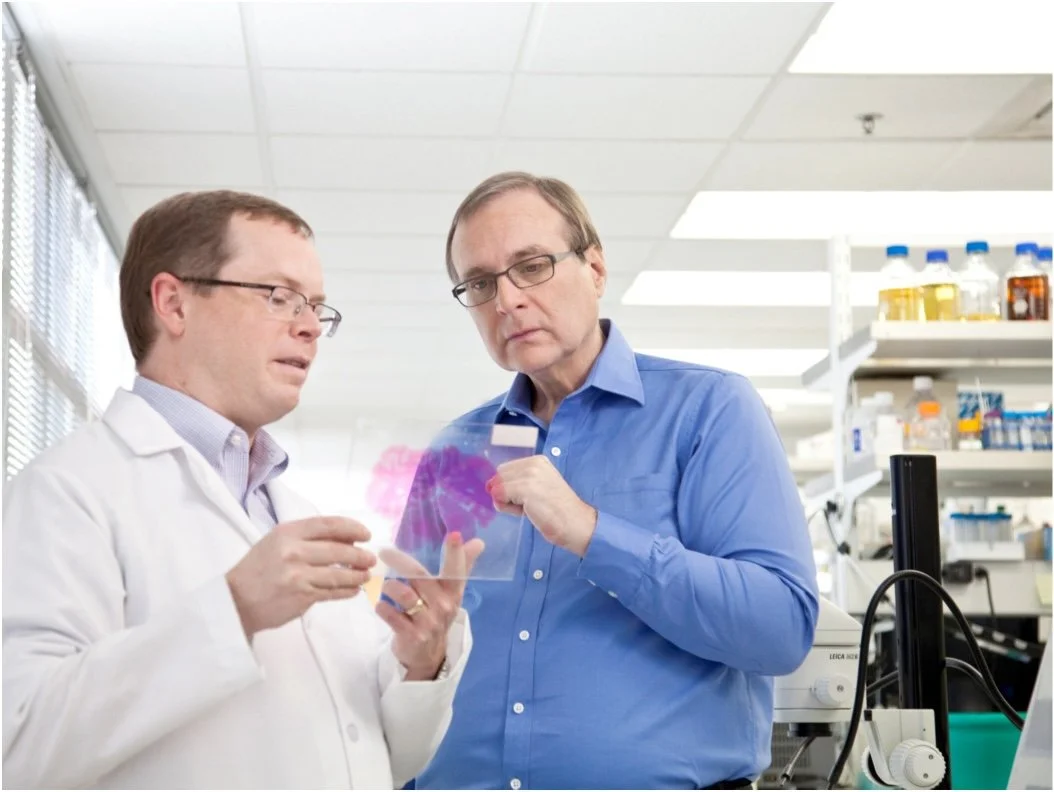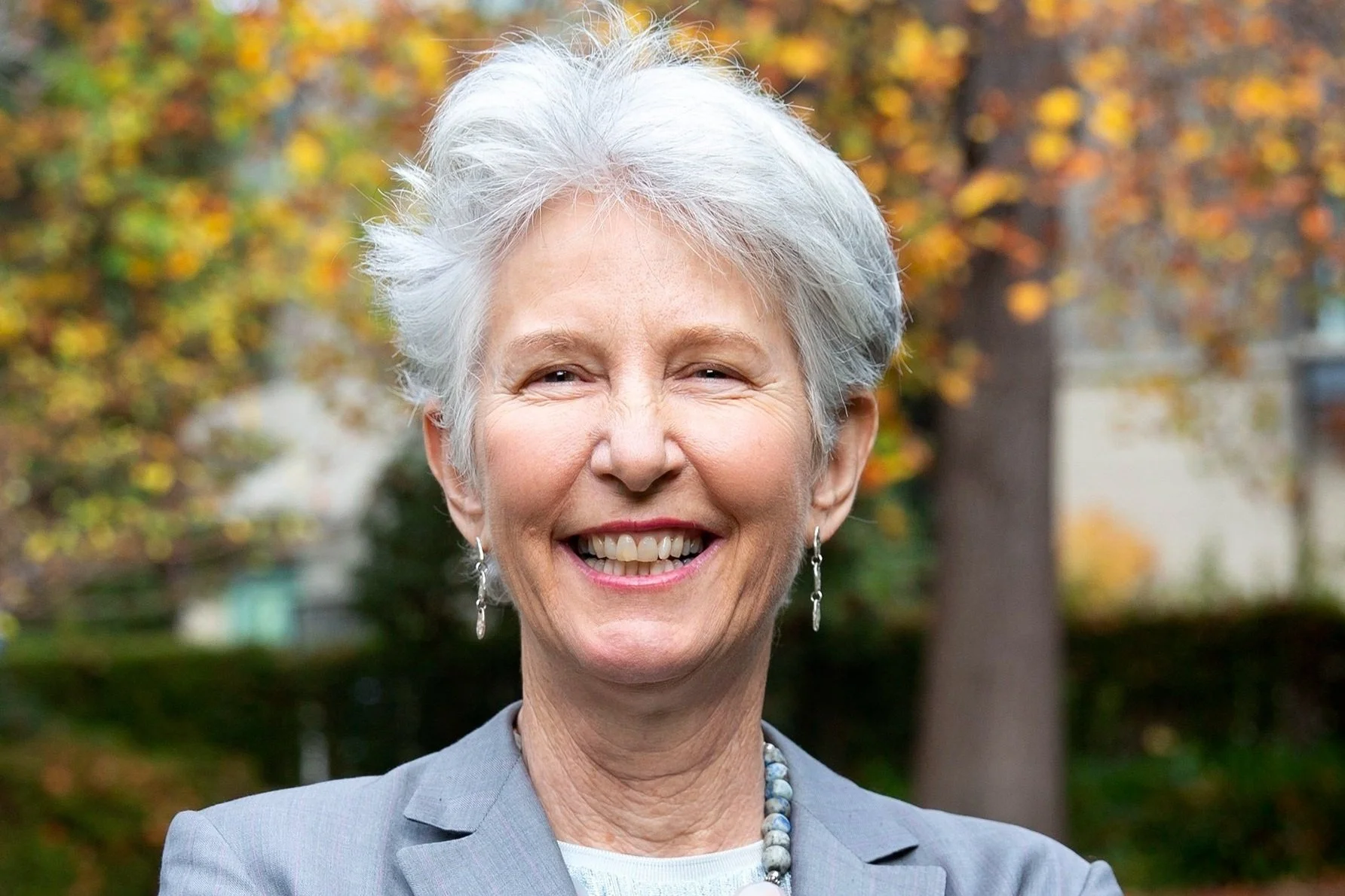
A paradox of artificial intelligence is that programs can handle some amazingly complex tasks, but when faced with questions that require basic reasoning—the question “Why?” for example—they’re totally stumped.
To take on this fundamental hurdle in advancing AI, Paul Allen, who has emerged as one of the largest philanthropists backing the field, is now funding a project to teach machines some common sense. Allen just bumped up his funding for AI in a big way, with a $125 million commitment to the Allen Institute for Artificial Intelligence (AI2), doubling the lab’s budget during the next three years, and adding a new common sense initiative. AI2 is one of a few institutes Allen has launched as part of an expanding philanthropic portfolio, using the approach of bringing lots of bright minds under one roof to tackle a problem from different directions.
While plenty of Allen grant money for research flows to universities, he’s leaned more heavily toward creating his own institutions to pursue scientific breakthroughs. He’s given over $500 million to the Allen Institute for Brain Science since its creation in 2003. He bankrolled the creation of the Allen Institute for Cell Science in 2014. And now, with this new infusion of cash, AI2 is becoming a more substantial enterprise—at a moment of fast-rising interest in this area, including greater appreciation of some of the challenges of realizing AI’s much-hyped potential.
AI researchers say without underlying common sense, we’ll never truly have intelligent machines, just programs that are great at narrow, structured problems without underlying reasoning behind the solutions. An illustrative example from the announcement of Allen’s expanded giving is that the program that mastered Go in 2016 did not know that Go is a board game. To give an idea of just how difficult this problem is, the other major initiative that tried to solve it started in the 1980s and has burned through hundreds of millions, some from Microsoft and Allen himself.
But let’s go back for a moment to that question that is so hard for AI to answer: Why? Why is Paul Allen so invested in AI research as a cause?
I’m not an AI program (that I know of), but I’ll admit it’s not that easy for me to answer either, even if it may seem like common sense. The mission of AI2 is to “contribute to humanity” with AI, and Allen says he wants the technology to have “the broadest possible impact in research, medicine and business.”
While AI research isn’t an unusual topic to support, Allen’s funding is anomalously large and broad in its goals, using a mix of investigator awards, collaborations, challenges, and even a startup incubator.
That’s striking to me mostly in the context of where other funding for AI is coming from. First, there are enormous sums going into AI research within the private sector, via corporate R&D and venture capital. Academic AI research is drawing support from corporations, as well, with auto and tech companies alike striking high-dollar partnerships with university departments in a race to gain a competitive edge. Industry is all over this—it’s not a field hurting for money.
Related:
- Google Is Stepping Up Its Giving for Artificial Intelligence. Here’s a Closer Look
- Corporate Giving in Pursuit of a Competitive Edge: The Case of Amazon and AI
- With an Eye on Profits, Another Car Company Gives Big for Campus Research
- Big Names, Big Funding: Why Are MIT and IBM Joining Forces on AI Research?
Other philanthropists, meanwhile, are devoting significant support to slowing down AI technology, or at least injecting it with some ethical and legal consideration before it advances too far. We’ve covered this expanding area of philanthropy, coming from sources like Omidyar, the Open Philanthropy Project, and Reid Hoffman.
So what’s driving Allen?
For one, he seems to be a true believer that artificial intelligence will make our lives better, helping with problems like clinical healthcare, medical research, and climate change. And he doesn’t share the worries of Stephen Hawking and Elon Musk. In one Washington Post article from 2015, Allen and AI2 head Oren Etzioni explain that they’ve thought quite extensively about the risk and reward of artificial intelligence, and firmly believe that it’s a good thing, an advanced tool that humanity needs.
That same article also makes the observation that the AI funding dovetails with Allen’s groundbreaking brain research funding. It’s two sides of the same coin, an attempt to understand how thinking works.
This gets to another of Allen’s important traits—he likes to figure stuff out. The nature of intelligence and consciousness is one of humanity’s greatest mysteries, and it’s one the tech billionaire has been pondering since childhood. And also—like space travel, the search for alien life, aviation and the NBA—it’s just very cool. That Allen simply finds it interesting may be a less sophisticated motive for his funding of artificial intelligence research. But it does make a certain kind of common sense.
Related:












.jpg)

















